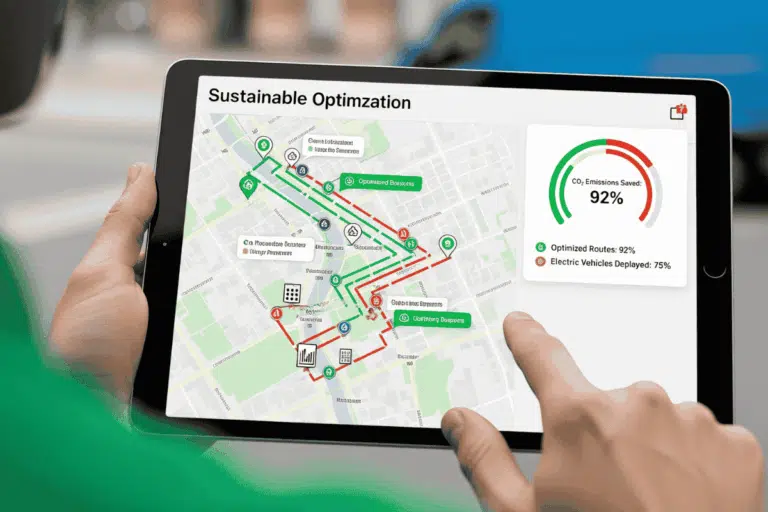By 2029, the e-commerce industry is expected to double its worth to $11.4 trillion. A new study by Juniper Research has found that there is an explosive 63% growth on the cards for this sector, attributing it to the rise of Alternative Payment Methods (APMs).
Consumers in emerging markets are changing their online purchasing habits, demanding more APMs.
For business owners and sellers, there are opportunities and challenges that lie ahead.
With APMs, millions of unbanked consumers can participate in the digital economy for the first time. You don’t have to own a credit card to make online purchases. Businesses should familiarize themselves with these payment methods and start tapping into the new market to expand their customer base.
Expanding access to e-commerce
To give you an idea of APMs, think of cashless and cardless ways of transferring funds. There are digital wallets and account-to-account payments. These types of payments are critical for the future of e-commerce.
Juniper Research forecasts that by 2029, 360 billion e-commerce transactions will be made using APMs, which is 69% of global e-commerce transactions.
Offering the right payment option
To optimize customer conversion rate, it’s important to provide the right payment options at checkout. Juniper Research warns that businesses will have to adapt to the local preferences and demographics of individual customers when considering the right payment options.
To make the right decisions, businesses will have to partner with local payment companies to understand regional payment behaviors.
Strategies for business owners for APM
APMs are becoming the dominant payment method, especially with mobile shopping, which is expected to increase significantly. Businesses should integrate these options to help tap into new customer bases and expand the brand globally.
Tailoring payment methods to countries and regions helps to reach more customers. Online shoppers are likely to use local preferred payment methods. To improve customer satisfaction, business owners will have to find out what those local preferences are.
Lastly, enhance your delivery infrastructure to meet the increased demand. With more sales comes greater responsibility and volumes that must be shipped. Make sure as your business scales, your delivery network also expands.
NOW READ: Mobile shopping to dominate 2024 holiday sales
About the author
Mia is a multi-award-winning journalist. She has more than 14 years of experience in mainstream media. She's covered many historic moments that happened in Africa and internationally. She has a strong focus on human interest stories, to bring her readers and viewers closer to the topics at hand.











